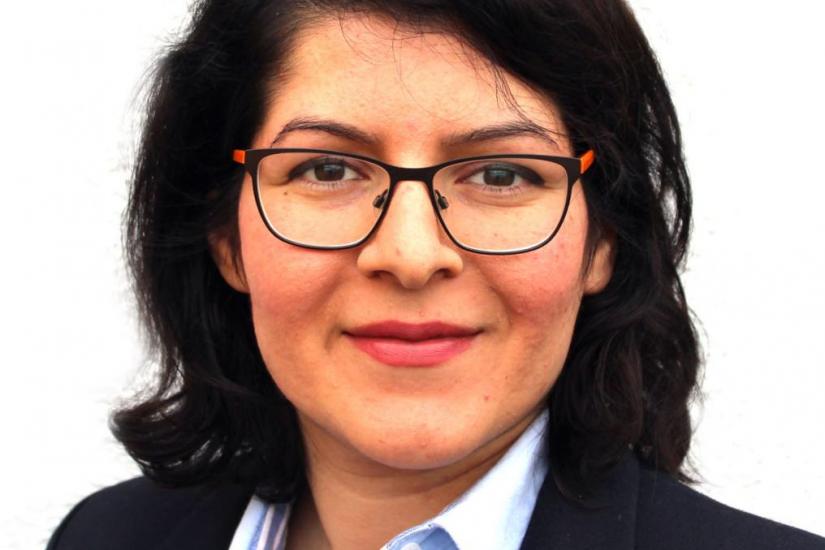
ABSTRACT | Homophily can put minority groups at a disadvantage by restricting their ability to establish links with a majority group or to access novel information. In this talk, I will show how this phenomenon can influence the visibility and ranking of minorities in examples of real-world social networks. In addition, I will present a simple network model with adjustable minority size and homophily that can reproduce ranking results we observe in real networks. Finally, I will show some application of this model.
BIO | Fariba Karimi is a postdoctoral researcher at the Department Computational Social Science at GESIS – Leibniz Institute for the Social Sciences. She received her PhD in Physics with specialization in Computational Science from Umea University in 2015. Her current research focuses on computational approaches for addressing societal challenges such as gender inequality, bias in algorithms and ranking and sampling hard-to-reach groups and minorities. In addition, she focuses on variety of social processes using network theoretic approach such as emergence of culture, spreading of information and perception biases by using mathematical models, digital traces and online surveys.